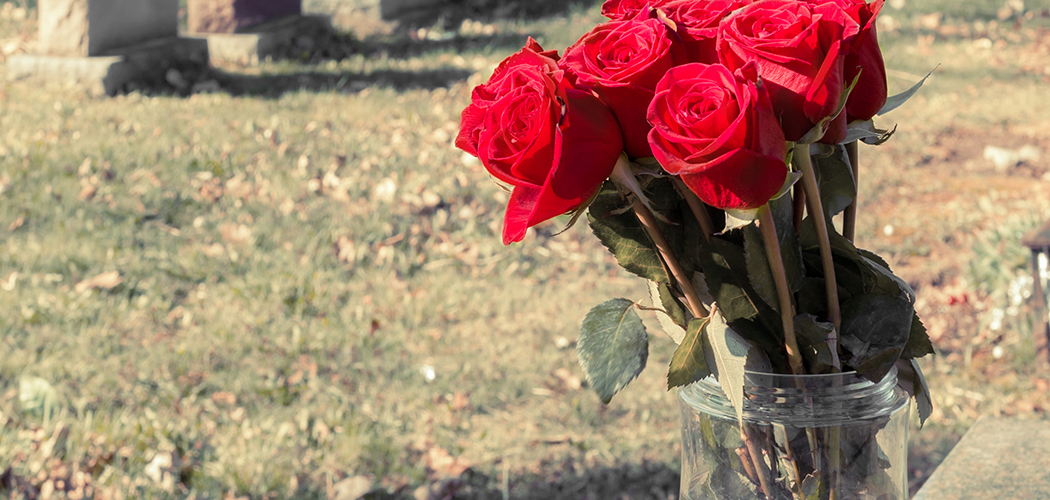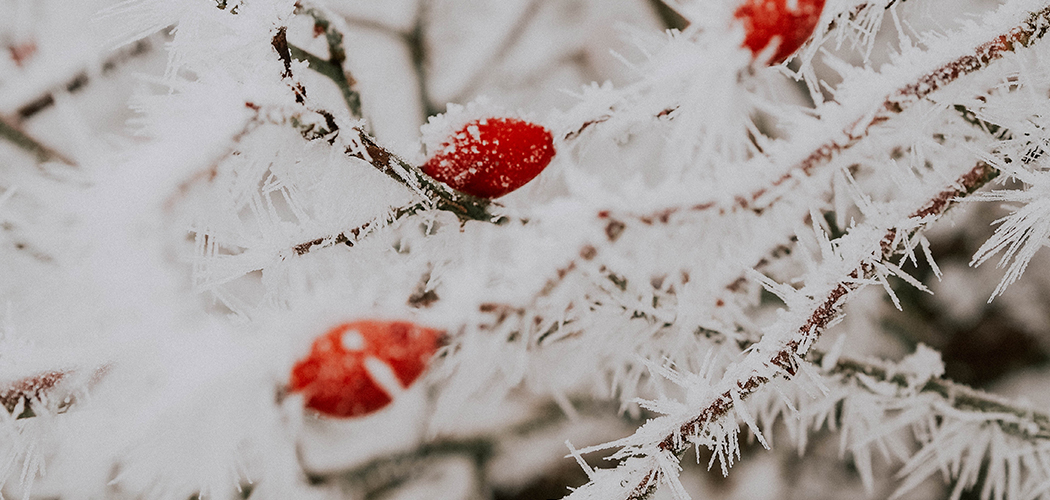[title subtitle=”words: Marla Cantrell”][/title]
Lucette used to be a “hit-the-road, Jack” kind of girl. When things got hard in a relationship, she was out the door, no turning back. She is thinking about this while sitting on the front porch of her house, which is tiny, but not in that new, trendy way. She had the squat, wooden house built five years ago from scraps and castoffs when things went south with a trucker named Jimbo. Jimbo was the first man to leave her. The man who ruined her streak.
Back when she was in her twenties, the worst part of breaking up was moving out, loading her stuff in her Camaro that sometimes started and sometimes didn’t. Each time, after she’d ditched Clem, and then Cobb, and then Joey, she’d crawled back to her mama, a woman widowed young and so devoted to Lucette’s daddy’s memory, she’d never so much as gone out for a Coke with another man.
The last time Lucette moved back home, she was carrying Jolie on her hip, her baby girl just cutting teeth. Jolie was Joey’s kid, but Joey never showed an interest. Lucette’s mama said, “You’ve got to stop this nonsense,” and she took Jolie into the kitchen and fed her chicken salad that she’d run through a blender until it was mush.
The porch where Lucette is sitting has enough room for one skinny chair, a round table big enough for a glass of sweet tea and a clay pot with red silk geraniums. The yard is big enough for one tree. Inside, there’s one bedroom, a kitchen/living room combo, and a tiny bath with a sink the size of a wiener dog and a shower as thin as a supermodel and a commode that’s been running for two years straight.
When Lucette’s mama died—this was six years ago—she left her house to Jolie. Lucette remembers the reading of the will in a lawyer’s office downtown. Jolie was eighteen at the time, and already she dressed like a middle-aged woman, right down to her flat, dull shoes. If Jolie’s had a man in that three-bedroom ranch since her mama passed, Lucette hasn’t heard about it. Not that she would. She and Jolie haven’t had a dozen conversations since the slick-haired lawyer had to pull them apart after Lucette ended up with only a stack of Corning Ware and her granddaddy’s oversized Bible.
And now it’s another Mother’s Day. Every Mother’s Day of her life, up until the day Lucette’s mama died, they’d gone to four cemeteries together, putting flowers on all the family graves, scattered hither and yon across two counties in Arkansas, some of the headstones so old the names had worn off.
After Jolie was born, she’d come along too, the three of them making a day of it. There was something ceremonial about putting flowers down for people who’d carried the glimmer of your life inside them. When they’d get to her daddy’s grave, she’d drop to her knees and lean her head against his stone. Now, when she remembers how he’d smelled, it is always the green grass of his grave that comes to mind, and not the motor oil that had worked its way into his hands when he was alive.
Gary, the guy across the street who lives in a house made of cement blocks, is cutting red roses from the bushes beside his latticed carport. He waves with his gloved hand, and she waves back.
Her mama once told her that after forty, beauty wasn’t about looks. “It’s about maintenance, Lucette,” she’d said. “Exercise, diet, trips to the doctor for shots that plump up this and tighten that. The plain, if rich enough or careful enough, become Cinderella at the ball. Beauties, if poor enough or careless enough, turn into her ugly stepsisters.”
She’d pointed to Lucette’s bosom. “Those push-up brassieres, the high heels and high hair, it won’t be enough one day.”
Strange advice from a woman who, as far as Lucette knew, never brushed skin against another man after her husband died.
Lucette, who is four years past the forty-year mark, takes a sip of iced tea, notices the fold of flesh that falls across the waistband of her stretchy pants. She tugs her bra straps upward making everything encased rise. She says out loud, “Mama was right.”
Down the street, a raft of kids dressed for church waits for their mama outside in their junky yard. When she reaches their mini-van, the youngest girl, maybe six or seven, takes her mama’s hand and kisses it. Lucette feels like she’s swallowed a cloud of dust.
She checked the mailbox twice yesterday, hoping for a card from Jolie. She rises, walks across her yard, and looks again. A passel of ants is camping inside, little soldiers planning a war somewhere. Lucette slams the metal door shut. Nothing.
There are only a few yards between where she’s standing and Gary, who now holds a basket full of roses. He walks toward her and asks, “Are they delivering mail on Sunday now?”
Lucette crosses her arms. “I forgot to check yesterday,” she says, and then she looks over her shoulder at her house. When she turns back, her eyes are misty. “That’s not true. I was hoping my daughter, Jolie, had dropped off a Mother’s Day card. We don’t exactly get along.”
Gary rocks on his feet, pulls his ballcap off and scratches his bald head. “Kids,” he says. “What are you gonna do?”
“Who are the roses for?”
Gary blushes, the color in his face causing his ordinary eyes to seem bluer. He hands the basket over. “They’re for you, Lucette.”
There is a kind of generosity that undoes Lucette. Seeing someone drop food off at the Little Free Pantry is one example. Seeing a string of cars stop to let a dog safely cross the road is another. These flowers top them both.
“There must be fifty of them,” Lucette says.
“At least.”
The air is sweet with roses. “Thank you,” she says, and suddenly understands how flimsy those two words sound.
“I’d like to take some to my family’s graves,” Lucette says, “if you don’t mind. I used to always go to the cemetery on Mother’s Day.”
“I’ll go get some mason jars,” Gary says.
When he comes back, he offers to go with her, but she tells him this is a trip she needs to make alone.
Lucette wraps tin foil around the jars, fills them with water, and sets them inside a cardboard box to keep them from shifting.
She drives the roads to the cemeteries, her body navigating the way homing pigeons do. When she gets to the last graveyard, the one where her mama and daddy are, she looks for the cedar tree near the spot where they lie. The stone is simple, just their names, the dates of birth and death. A set of wedding rings is engraved between their names, a testament to what bound them together.
The stone is shiny, scrubbed clean. Around it, others grow lichen or sleep under a cover of pollen and dust. Lucette kneels down and traces the letters, something she’d seen her mama do over the years. She feels electricity when she does it, or memory, something that causes her fingers to tingle.
When the flowers are in place, she lies on the wide piece of ground between where her parents are and the Gilbert McIlroys, whose stone is pale pink and tall as a first-grader.
She’ll end up in this spot one day. And so will Jolie. The family plot. Lucette sighs, looking at the blue sky above, the clouds as white as wedding cake. What life has torn apart, Lucette thinks, death will put back together.
Jolie’s shadow crosses over Lucette before she sees her girl. “Getting a feel for the place?” Jolie asks.
Lucette shields her eyes and looks up at her daughter’s face. She has hair so light it looks strung through with silver. If she tried, even a little, she could be beautiful. “Thought I might try it out.”
“You brought roses,” Jolie says and points at the two foil-covered jars. She takes the wreath she’s brought, silk flowers that hold every color of spring, and tacks it to the ground with a V-shaped wire, just below Lucette’s roses. “Grandma loved roses,” she says.
“Your grandpa loved horse races and old cars.”
“And you,” Jolie says. “Grandpa loved you. Grandma told me once that when you were sick with the flu, he stood watching you from your bedroom doorway, and you were sleeping. He said, ‘I love the very bones of her.’ It sounded awful to me, but I guess it meant something special because Grandma cried when she told me.”
Lucette wipes her eyes. “My daddy was something.”
Jolie lies down beside her mama, her white pants, clearly a size too big, suffering the green grass. “I’ve never understood people who hate cemeteries. All of history is here; all of what was and will never be again.”
“I drove by your house the other day,” Lucette says. “It looks the same as it used to.”
“You could’ve come in if you’d wanted.”
“You ever drive by my place?”
“A time or two. I like the tree out front. The mimosa.”
“The guy that built the house said mimosas are invasive. He wanted to cut it down.”
“You never listened to a man in your life,” Jolie says and laughs.
A hummingbird, the deepest emerald, the darkest blue, hovers over the McIlroy monument and then whips away.
“I never listened to anybody,” Lucette says and puts her hands behind her head.
The air smells like cedar and roses, and smoke from a barbecue grill the wind caught from somewhere unseen and brought this way.
“Makes life kind of hard, though,” Jolie says, “all that not listening to anybody.”
Lucette scoots over until her shoulder touches Jolie’s. “It does, Jolie. I’m trying to do better.”
Lying side by side, Lucette and Jolie line up perfectly. Shoulder to shoulder. Hip to hip. Ankle to ankle. Lucette notices, starts to say so but doesn’t believe she can explain exactly what this symmetry means.
The clouds scatter, and both Lucette and Jolie close their eyes against the sun. Lucette reaches out, takes Jolie’s hand, and Jolie lets her. Lucette can’t prove it, but she feels as if every cell, every particle, all the dust that made her, is reaching out to her daughter, is saying here I am, and here you are, and here we are together.
We are finally here together.




